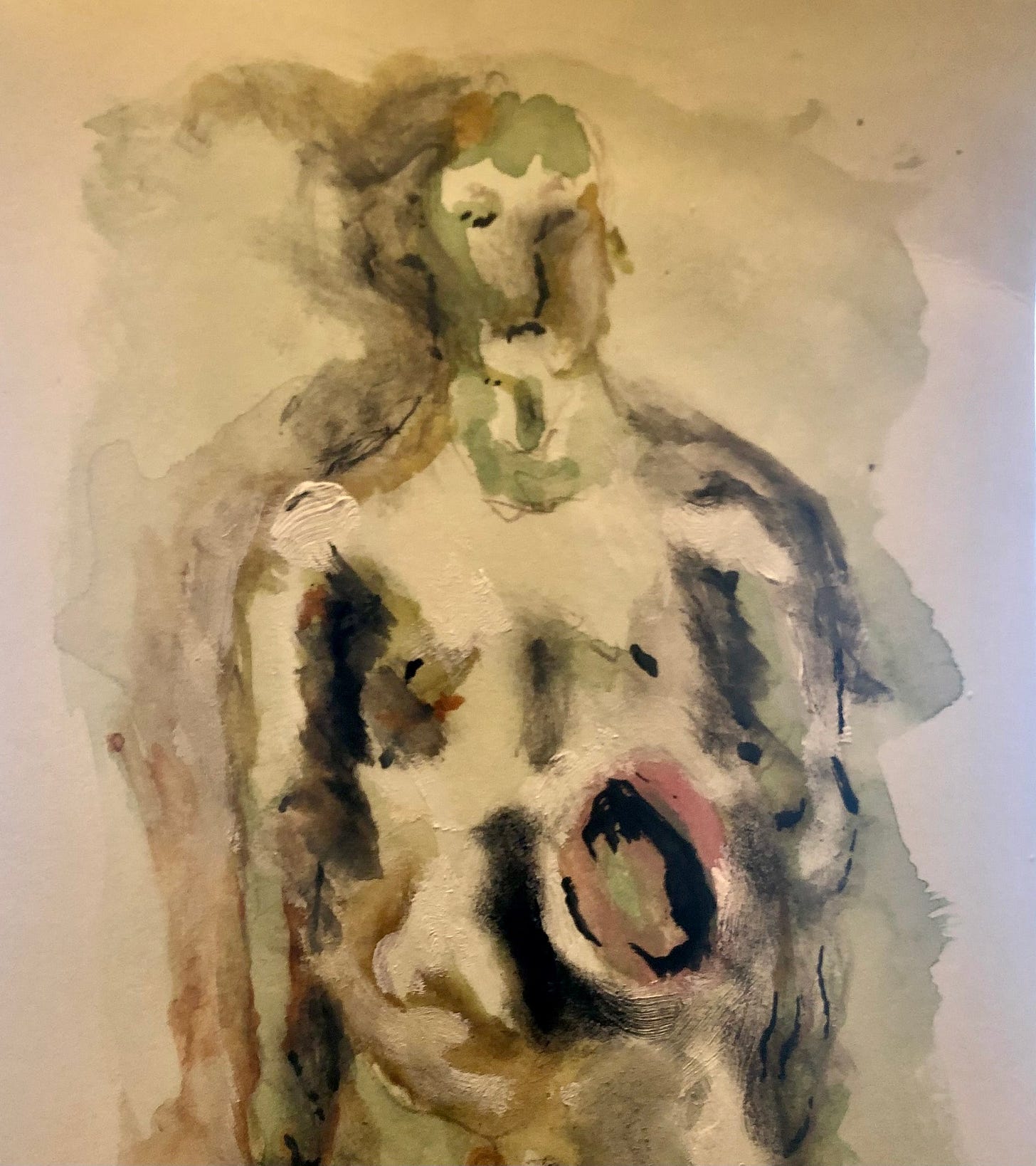I turn 75 in June. Last year I received a diagnosis of IBD in the form of Crohn’s Disease. I’ve probably had it for years and it went undiagnosed.
I’m now working with a gastroenterologist and dietician and receiving monthly drug infusions. I’m participating in a monthly zoom support group. Cannabis and acupuncture help reduce stress which is a Crohn’s trigger.
What research has been done on IBD suggests that its cause is a combination of factors including our Western diet of highly processed foods as well as genes.
For example, the research has suggested a connection between my Ashkenazi Jewish heritage and the disease.
One of the problems with the research into Crohn’s is that the medical trials have excluded a large part of the population because of racism.
Access to diagnosis and access to the treatment I receive has also not been available to many because of racism.
A higher percentage of Black and Brown people in the U.S. are less likely to have health insurance compared to their white counterparts. Communities of color also tend to have less access to a regular primary care provider and specialists for chronic health conditions.
In my case I have been fortunate to have Illinois state teacher retirement healthcare. A single dose of the drug infusion and the procedure I get each month retails at $14,000.
The U.S. Food and Drug Administration (FDA), reports that people from racial and ethnic minority groups are also underrepresented in clinical trials — research studies to test the safety and effectiveness of new treatments.
Black and Brown people in the U.S. may experience delays in care and treatment due to IBD being an underrecognized health condition in these groups. This lack of knowledge about which races and ethnicities are affected by IBD often results in delays to seeing doctors and specialists — such as gastroenterologists — and delays in receiving necessary treatments.
White people make up about 60 percent of the American population, they represent more than 90 percent of those participating in clinical trials for all conditions. In these studies, researchers often group people from minority backgrounds — including Black, Hispanic, Asian, and Native American — into a single nonwhite category because of the small number of participants.
Where there have been studies researchers have found unique variants of IBD among Black people in the U.S.
Studies have also found a significant difference in risk for one type of UC in Hispanic and Asian populations compared to white and African American populations.
Before 2000, no clinical studies reported racial and ethnic breakdowns. While the proportion of Asian participants has significantly increased over time, the representation of Black and Hispanic participants has remained relatively unchanged.





Many of us have mixed heritage. For us, genetics based studies might offer the most hope of progress.
There seems to be some overlap w/ Ehlers Danlos, G6PD & FMF all genetic...
https://www.google.com/search?q=crohn%27s+disease+ehlers+danlos
https://www.google.com/search?q=crohn%27s+disease+g6pd
https://www.google.com/search?q=crohn%27s+disease+familial+mediterranean+fever
IgG Food/Environmental Allergy https://imupro.com/igg-food-allergy/
More links on my tree EDS Society https://linktr.ee/neferast